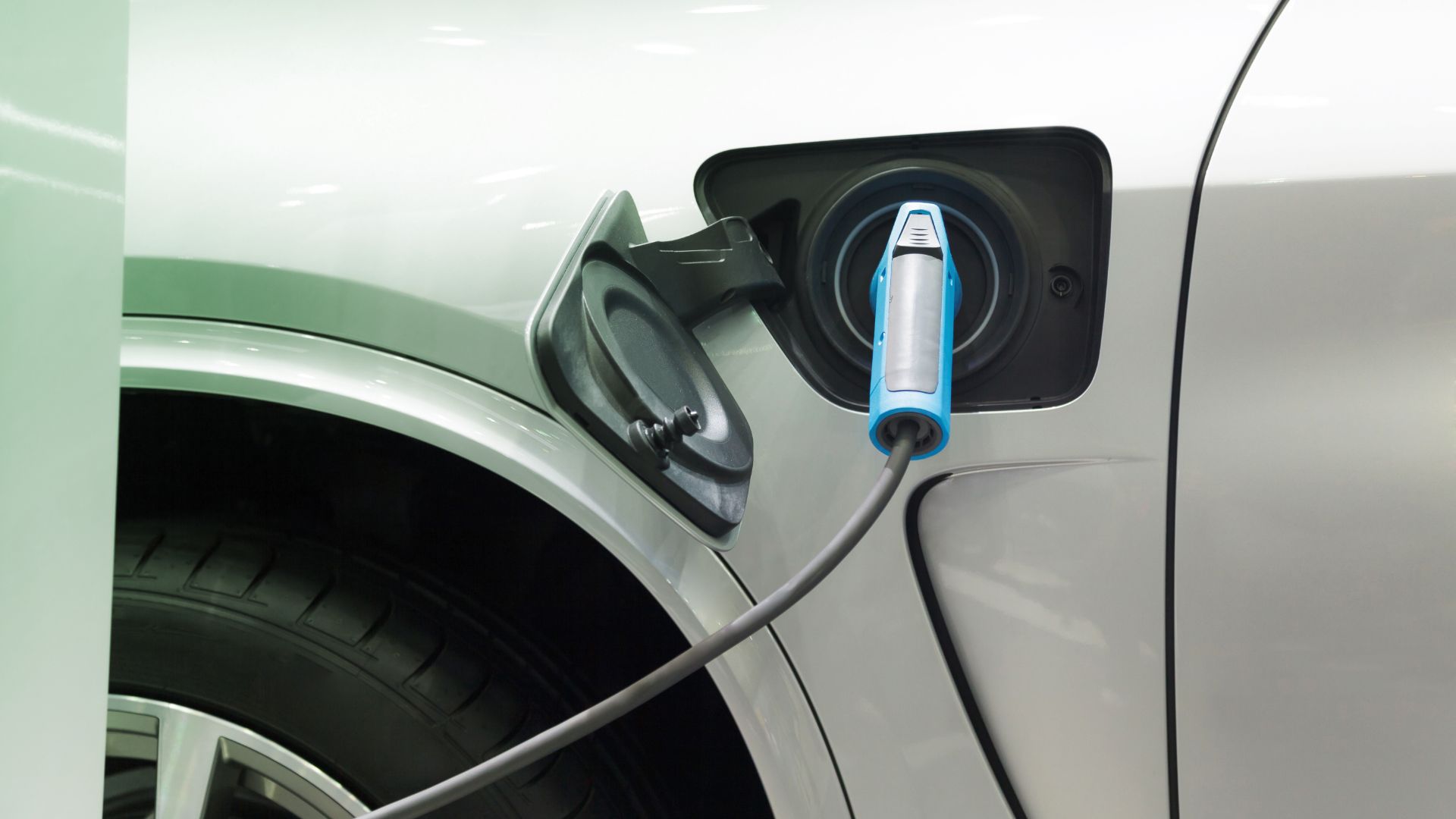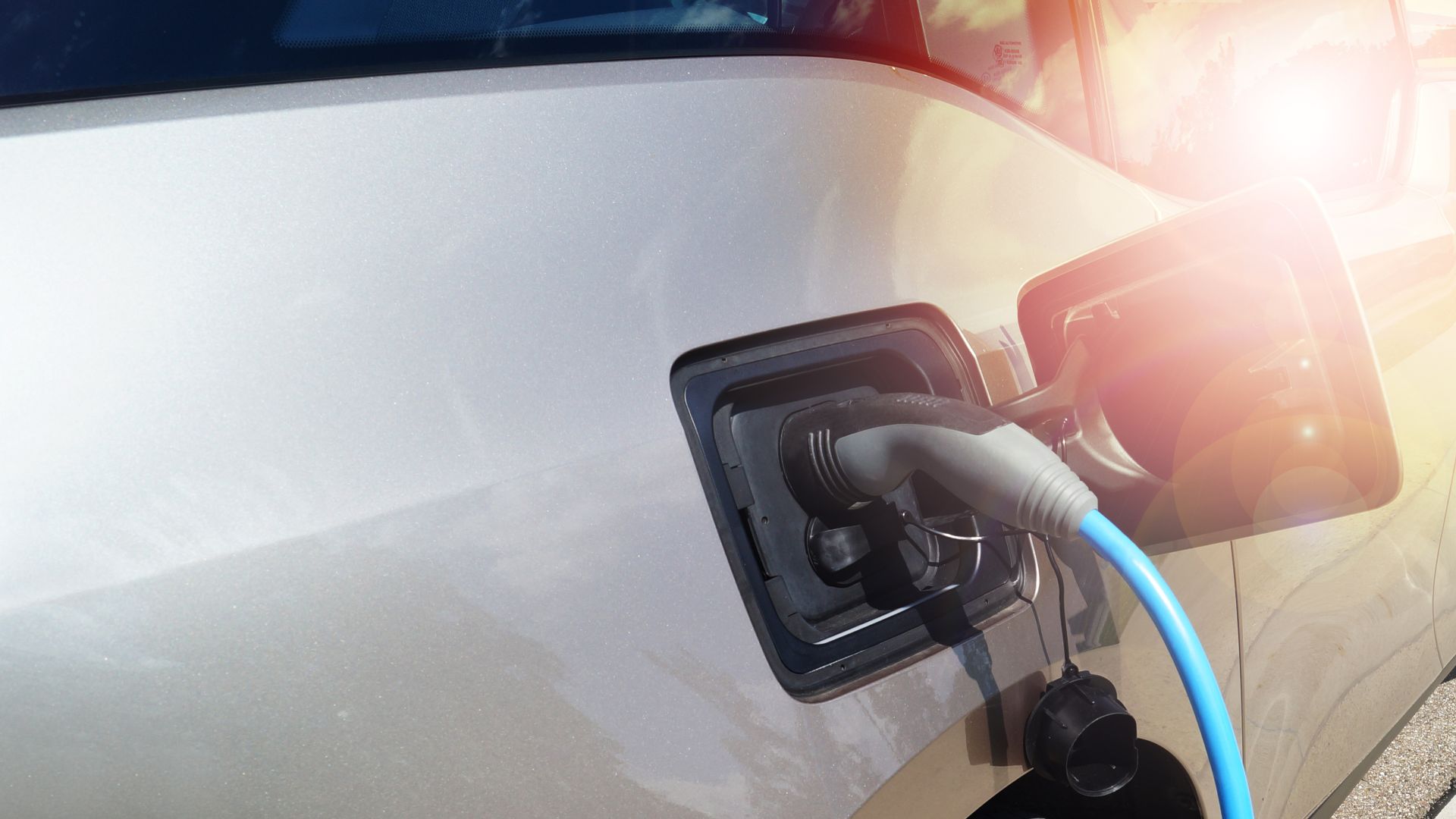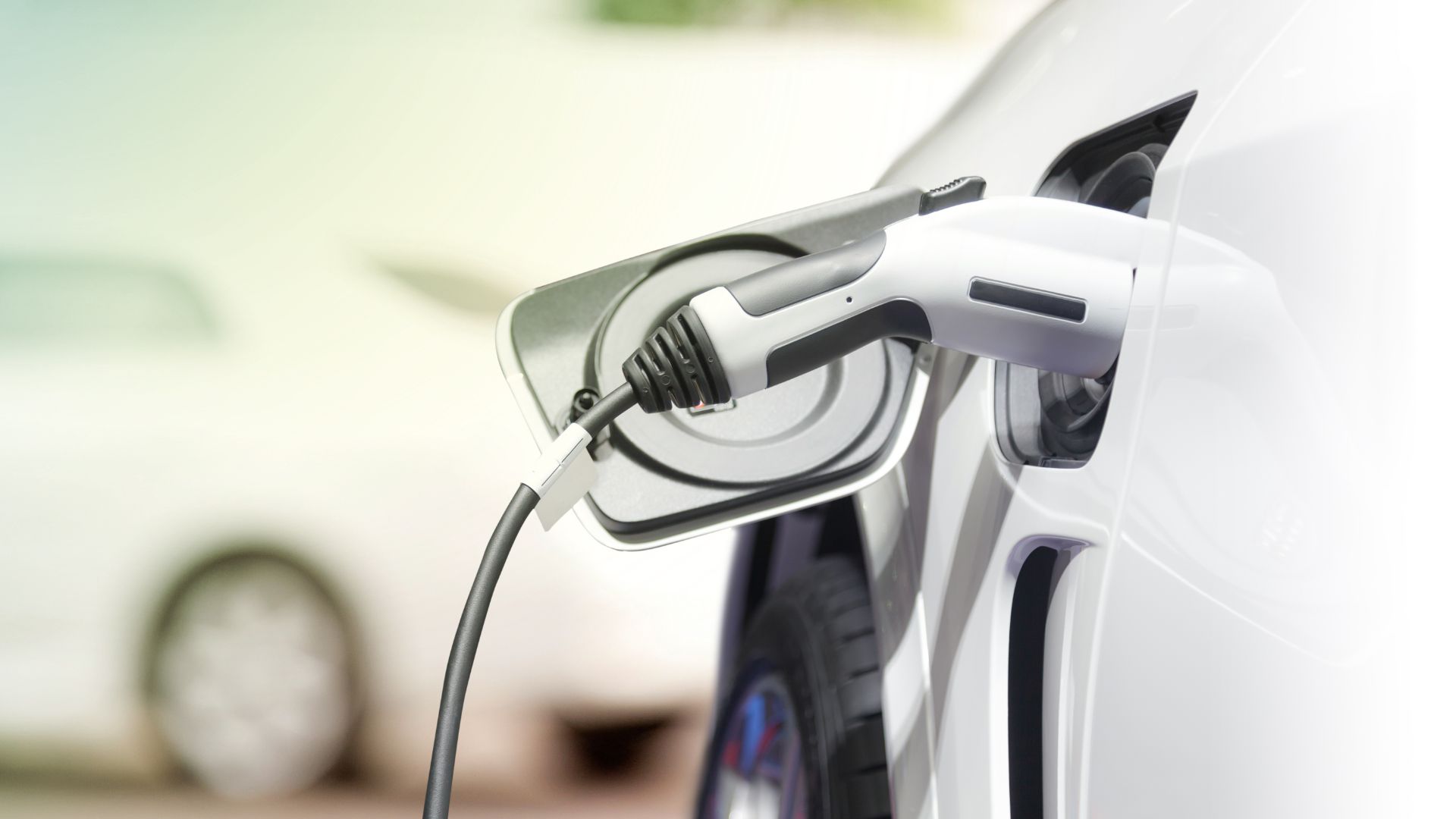
Fuel forecourt operators are hesitant to invest heavily in electric car charging points at fuel stations. This is amid concerns about consumer confidence in electric cars and the true increase in demand expected in the coming years.
In the 2019 Petrol Retailers Association annual review, Steve Rodell, managing director, retail at Christie & Co wrote: “Recent reports of modest increases in electric vehicles (EVs) sales and a consumer preference for hybrid vehicles (electric and petrol), show a lack of consumer confidence in pure electric.”

“Retailers are therefore currently reluctant to invest heavily in EV charging ports. While some are slowly testing new technologies and investing in low voltage single charging ports, many are still unconvinced of the financial return on rapid charging, which usually requires a hefty investment in grid connection.”
The expense of the installation of rapid charging isn’t expected to return given the current minority of electric car drivers. Rodell cites continuing range anxiety as a major roadblock to the adoption of electric cars.
He also goes on to highlight the sacrifices retailers would have to make in terms of parking, in favour of electric vehicle charging points. There are worries of how on-sight retailers would be affected in terms of footfall.
“There is also a reluctance to forgo valuable parking spaces which can generate footfall into the shop where, coupled with food sales, margins are more attractive.”
- Fully Charged Live returns in May 2020 – at a NEW location

Rodell sees a future where more EV charging is installed, but wonders whether hybrids or even hydrogen cars will have taken the lead ahead of pure EV.
“Inevitably, the future will see a greater condence and implementation of electric vehicle charging but perhaps by then hybrids, or even hydrogen fuel cell technology, will have overtaken pure electric. Transient locations where petrol filling stations are often located will be more suited as ‘top-up’ locations for electric vehicles.
“It is our view that, whether to top up vehicles with fuel sources or meet consumers’ convenience needs on the go, what we currently know and love as ‘petrol filling stations’ will remain relevant and valuable as wider ‘refuelling facilities’ for the foreseeable future.”